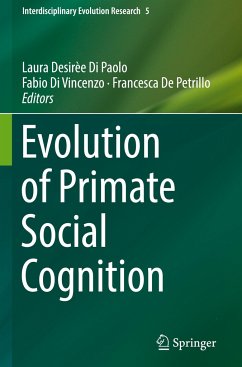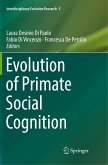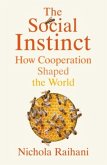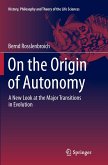This interdisciplinary volume brings together expert researchers coming from primatology, anthropology, ethology, philosophy of cognitive sciences, neurophysiology, mathematics and psychology to discuss both the foundations of non-human primate and human social cognition as well as the means there currently exist to study the various facets of social cognition.
The first part focusses on various aspects of social cognition across primates, from the relationship between food and social behaviour to the connection with empathy and communication, offering a multitude of innovative approaches that range from field-studies to philosophy.
The second part details the various epistemic and methodological means there exist to study social cognition, in particular how to ascertain the proximal and ultimate mechanisms of social cognition through experimental, modelling and field studies.
In the final part, the mechanisms of cultural transmission in primate and human societies are investigated, and special attention is given to how the evolution of cognitive capacities underlie primates' abilities to use and manufacture tools, and how this in turn influences their social ecology.
A must-read for both, young scholars as well as established researchers!
The first part focusses on various aspects of social cognition across primates, from the relationship between food and social behaviour to the connection with empathy and communication, offering a multitude of innovative approaches that range from field-studies to philosophy.
The second part details the various epistemic and methodological means there exist to study social cognition, in particular how to ascertain the proximal and ultimate mechanisms of social cognition through experimental, modelling and field studies.
In the final part, the mechanisms of cultural transmission in primate and human societies are investigated, and special attention is given to how the evolution of cognitive capacities underlie primates' abilities to use and manufacture tools, and how this in turn influences their social ecology.
A must-read for both, young scholars as well as established researchers!








